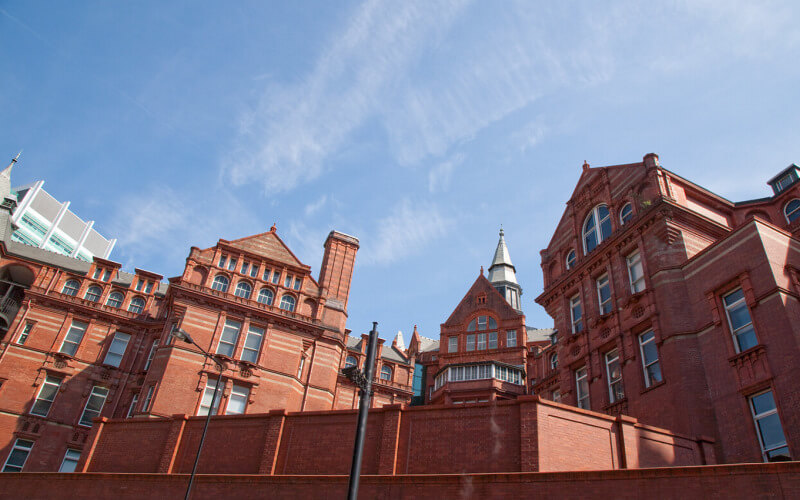Clinical and Public Health Nutrition MSc
London, Bloomsbury
Study mode
UK tuition fees (2024/25)
Overseas tuition fees (2024/25)
Duration
Programme starts
Applications accepted
Applications open
Applications open
Visit us
Online - Open day
Graduate Open Events: Discover UCL Nutrition MSc Programmes
This online session will provide you with an overview of our MSc Clinical and Public Health Nutrition, MSc Obesity and Clinical Nutrition, MSc Dietetics, and MSc Eating Disorders and Clinical Nutrition programmes. The programme overviews will be followed by a Q&A session with our programme leads.
Online - Open day
Graduate Open Events: Respiratory Clinical Science MSc (Q&A Session)
This MSc focuses on the study of the scientific and clinical basis of respiratory diseases with all courses and modules directed towards understanding disease and the effects on patients. It will provide you with the tools to develop further careers in the area and create opportunities to interact with researchers, clinicians and pharmaceutical experts in respiratory medicine. Please join us to ask your questions about this exciting programme. Speaker - Dr Vitor Teixeira
UCL is regulated by the Office for Students.



